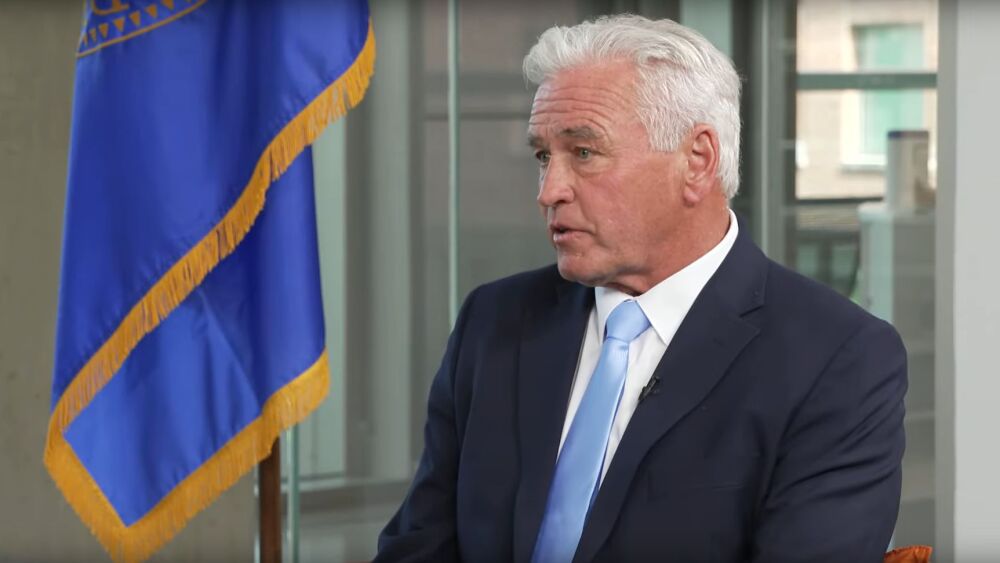Without naming Aurinia Pharmaceuticals, the CDER director in a now-deleted LinkedIn post claimed that for lupus nephritis, companies have not conducted post-approval studies “to demonstrate a benefit on hard clinical endpoints.”
The FDA will reevaluate the use of surrogate endpoints for drug approvals, according to George Tidmarsh, director of the agency’s Center for Drug Evaluation and Research. In a LinkedIn post, he singled out Aurinia Pharmaceuticals’ lupus nephritis drug Lupkynis as an egregious example of the shortcomings of relying on such endpoints.
“We have approved drugs with significant toxicity like vocolosporin [Lupkynis’ active ingredient] that has not been shown to provide a direct clinical benefit for patients,” Tidmarsh wrote on Monday, additionally claiming that “for some diseases such as lupus nephritis, companies have not run trials to demonstrate a benefit on hard clinical endpoints.”
Tidmarsh has since deleted his post, as well as a follow-up post clarifying that his statements on approvals using surrogate endpoints “were my own personal views” and “do not reflect the views of the FDA or [Department of Health and Human Services],” according to reporting by Endpoints News.
Aurinia was down 15.8% at market close on Monday.
The FDA approved Lupkynis in 2021 to treat patients with lupus nephritis, based on pivotal data demonstrating a significant decline in urine protein creatinine ratio, a measure of protein levels in the kidney. Aurinia’s data at the time also showed that patients treated with Lupkynis plus standard of care were more than twice as likely to see renal response. The drug’s label carries a boxed warning for malignancies and serious infections.
Aurinia continued to evaluate Lupkynis in the AURORA 2 extension study, which in April 2024 led the FDA to update the drug’s label with three-year data confirming higher sustained complete renal response rate versus placebo.
Aside from being highly unusual, reporting from STAT News on Monday pointed out that Tidmarsh’s comments resurfaced a tenuous connection to Aurinia. The chairman of the biotech’s board of directors is Kevin Tang, well-known in the industry for his shell company Concentra Biosciences, which swallows struggling biotechs. Tang’s Tang Capital Management is Aurinia’s largest shareholder, as per STAT.
Tang and Tidmarsh were once part of La Jolla Pharmaceuticals, where the former was chairman and major shareholder, while the latter served as CEO.
In November 2019, Tidmarsh stepped down as La Jolla’s chief executive and Tang temporarily took the company’s reins alongside another board member, Craig Johnson. It is unclear why Tidmarsh stepped down. A company release at the time only noted that he wanted to “pursue other interests.”






